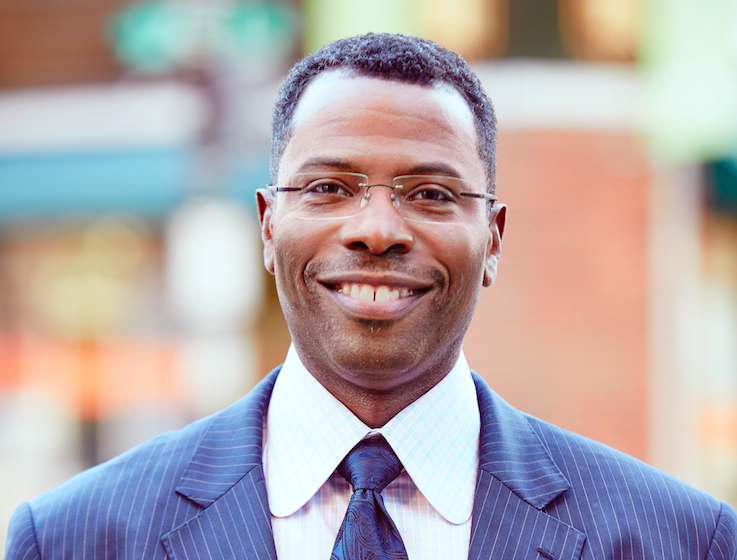We met Elliott L. Ferguson II, president and CEO of Destination DC, the official destination marketing organization for Washington, at IMEX a few days ago, and talked connected capital, inclusion and positive impacts – themes that are dear to a lot of our association readers.
You’ve been focusing on DC/branded DC as a ‘connected capital’ since last year: how does that relate to meetings in general?
The key thing is not to just look at how great our destination is, but at the resources it has, the type of businesses the city is going after to relocate or to expand in Washington and find ways to connect that to certain groups that can meet in DC.
Our ‘Connected Capital’ sales positioning, which helps us pitch to industry-specific meetings, is a way for us to say: Bring your meeting to Washington, and experience the influencers and industry assets in the pharmaceutical environment, for example, or some of the talent that may have worked in the federal government and has the potential to serve as speakers or play a huge role in your meeting, should we host it here.
It’s more than promoting the destination, it’s having a better understanding of the real businesses that are thriving in DC, such as the various startups creating a strong technology scene. For meeting planners, the Connected Capital positioning showcases to customers how they can utilize the resources we have right in our backyard.
You’ve been focusing on technology, biotech/pharma, medical and education and you have now expanded into sustainability, transportation and government advocacy industries. Why did you so?
Again, we look at what is happening in DC – for example, we focus on the associations that are headquartered here and that have a certain expertise. We want to study how groups can utilize this expertise and make planners understand how this can add value to their meetings.
A good example of that is the American Geophysical Union. We pitched for them to come to Washington, even though they had been meeting in San Francisco for 40 years. We showed them that if they came, they would benefit for peer-to-peer exchanges because there is a whole lot of DC-based experts who they had no idea about, even though they are headquartered here. We made them understand how their meeting can succeed in DC, with assets unlike any other destination
In this context, experiences, influencers and industry assets within each sector continue to bring in notable groups for future years. The International Society for Environmental Epidemiology’s 31st Annual Conference in August of 2020 is also a good example of that.
The legacy events can leave behind has been on top of the minds of association executives lately. How can DC help achieve those positive impacts?
As a non-government organization, we still respect and understand the efforts of our government. So everything from the school system to the advocacy programs that exist in Washington DC would like to have some sort of footprint. When Microsoft came, we connected them with the school system so they could leave education-based products.
In general, planners and delegates alike want to connect with the local communities and part of what we do as a convention bureau involves a lot of facilitation when it comes to servicing certain groups, particularly those that are underprivileged and that we feel we have a duty to help.
What are your views on inclusion in DC and how to implement this important aspect in the promotion of DC as one leading meeting destination?
The city houses ‘only’ about 700,000 people, so it’s small. But within that footprint we have 185 embassies and consulates, with a dynamic international culture. So you’re talking about cultural differences, those in the LGBTQ community, and all kinds of variables that make up Washington as a destination. A huge part of what we try to focus on is the diversity of DC and we identify as an inclusive destination that embraces differences. It’s not about segmenting and segregating, it’s about bringing people together… which, after all, is the essence of any meeting.
This interview was conducted by Boardroom Chief Editor Rémi Dévé. The right to use, part or all of it in subsequent works has to be granted by the Publisher.
